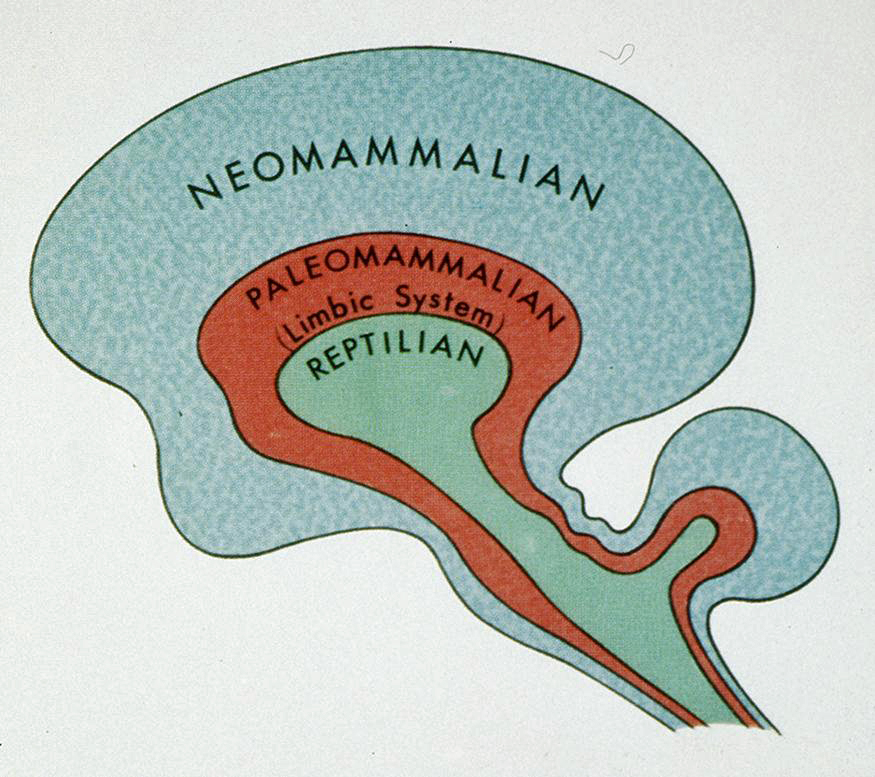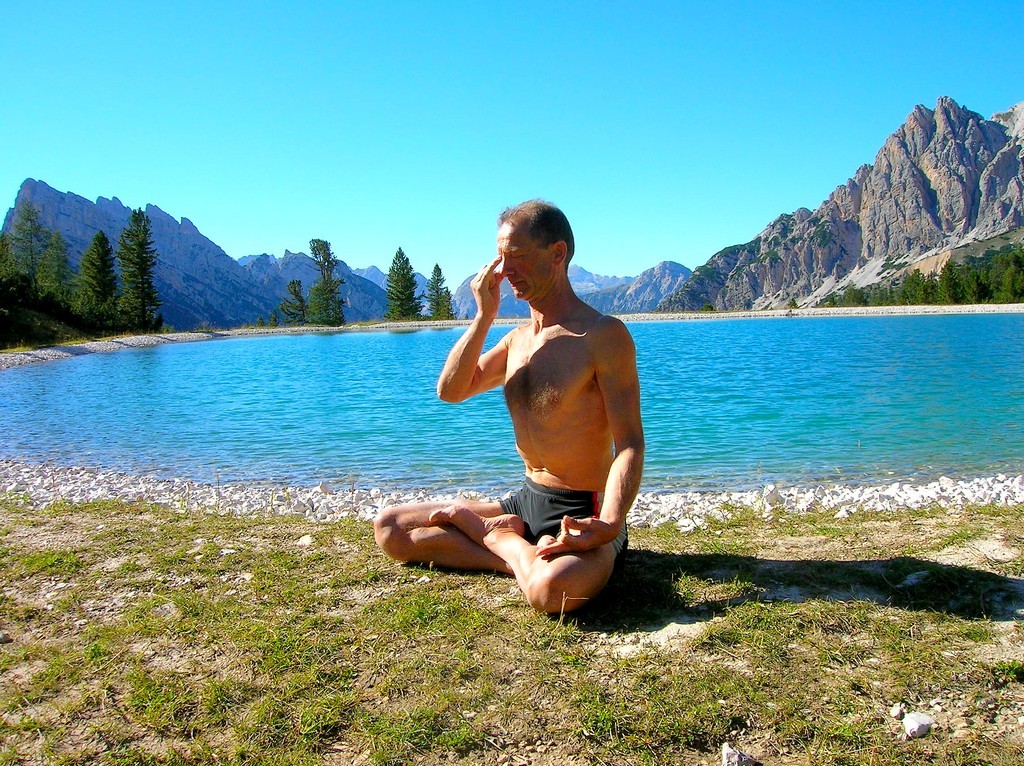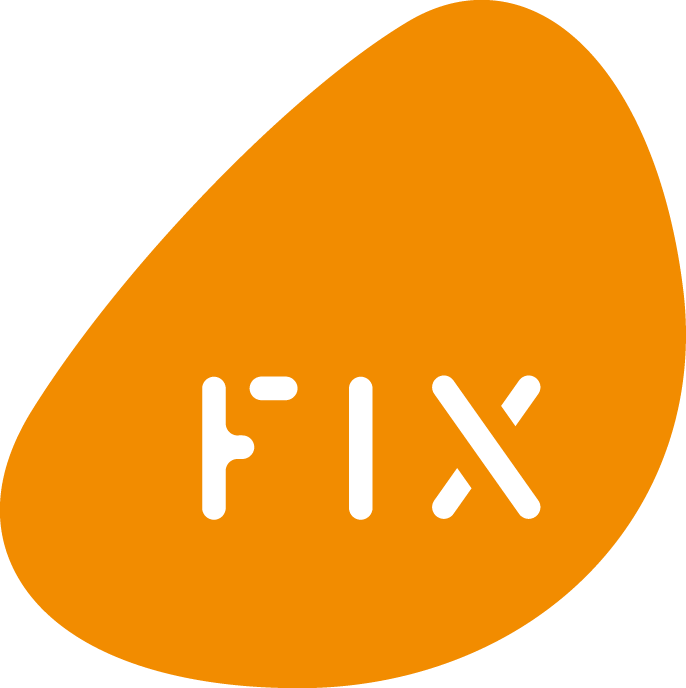Have you ever felt yourself not being able to engage in a conversation without feeling distracted? At some point, each one of us has and we have our smartphones to blame. In the technological age we multitask with such unbridled adamance that it has become common to always be somewhere other than the present moment, enslaved by endless notifications and emails, restlessly awaiting the next ping and buzz from friends or colleagues; meaning all we have left for each act or person we encounter is partial and divided attention.
It’s become a little too easy to accept that multitasking is the only possible way to navigate our chaotic and busy lives. But, ironically one of the most robust findings of cognitive science has been to discover that our attention is in fact limited in its capacity and that if we allocated undivided and focused attention to one task at a time our performance improves greatly.
Furthermore, considering we never actually clock off from our jobs all this technological multitasking can really take its toll on our brain function. Concerned neuroscientists say that our tendency to divide our attention, rather than focus, is hampering our ability to perform even simple tasks and this can have a very detrimental effect on our mental health, notably our attentiveness in the long term and our ability to learn. Prolonged inattentiveness due to multitasking can lead to mental health conditions such as anxiety, dementia and depression and once a person is suffering from a mental health disorder their physical health is likely to plummet too.
So, what is actually happening to our brains while we multitask?
Most actions that are performed mindlessly result from the basal ganglia, also known as the reptilian brain, which is the most primitive part of the human brain. The reptilian brain governs your physiological processes, such as the need for food and shelter and is concerned about the physical plane of existence e.g the body. However, in addition to our most basic needs, the basal ganglia also governs several other functions, such as motor control and eye movements, habits and learning through cause and effect.

When we are under stress – or in a fight or flight situation – the sympathetic nervous system is stimulated by the reptilian brain and the prefrontal cortex shuts down from over stimulation, making it harder to make rational decisions. As we multitask we overstimulate our brain, reach peak levels of stress and override our rational behaviour. This inhibits us from completing tasks properly and methodically, which in retrospect can cause us to feel frustration with ourselves and become self-deprecating.
If this mechanism is allowed to happen over time it becomes ingrained through repetitive reinforcement and neurological pathways are formed creating bad habits. It can therefore seem as though conditions such as anxiety or depression were part of us from birth as opposed to being the result of our actions and choices.
Habits that persist from mindlessness are hard to break, but it is not impossible. Discoveries in neuroplasticity have confirmed that the brain does not have a strict time frame of development as it was once thought, but is in fact rhizomatic and can be rewired through mental exercises. Our minds remain the most powerful tool to combatting our struggles, therefore practicing mindfulness – as opposed to letting rogue thoughts navigate our daily lives – is key to maintaining a strong and healthy mind. Reaching this goal however, may mean taking time off from work to dedicate solely to detoxifying the brain from negative and pervasive thought patterns. After all, it’s wiser to spot fatigue or high stress levels early and take time off to fix the issue rather than letting the condition persist to full blown burnout.
Unfortunately, the majority of us don’t have the luxury to take time out so the next best option is to develop a yoga or meditation routine that you stick to. In Yoga Sutras of Patanjali Yoga is described as, “the cessation of the fluctuations of the mind” or as Pattabhi Jois says it, “Yoga is mind control” which is exercised through controlled breathing, awareness of movement and a strict routine. You may have noticed that when people suffer from panic attacks they breathe into paper bags or are asked to deepen their breathing, this is because the breath is the first point of call for regaining control over your thoughts. Breathing is the gateway between the conscious and subconscious mind.
Two great Kundalini breathing exercises you can do when you first wake up are Breath of Fire and Nadi Shodhana, or “alternate nostril breathing”. The latter restore balance in the left and right hemispheres of the brain and clears the energetic channels. The former strengthens the nervous system to resist stress.

In this way, by making the decision to get up early to do half an hour of breathing or yoga practice first thing in the morning, you start the day on your terms instead of letting the fluctuations in life gain control. There are various apps available like Headspace, Calm or Breathe that can help you develop a routine, but if you struggle with a technology addiction perhaps it’s best to organise yourself manually. Social media detoxes, meditation retreats, or talking therapy can also all be fantastic for mental health, as a reminder to exist within the present as opposed to trying to escape.
By applying these practices and avoiding multitasking frenzies each day (especially first thing in the morning) we tune into our surroundings as opposed to trying to ignore them, which in turn will benefit our minds greatly in the long term. Those who are mindful are able to do more than just pay attention; they do so on purpose, in the present moment and nonjudgmentally. This is perhaps the most advanced form of attentiveness, and it can result in optimised decision-making made in a stress-free and less reactive environment.
Fix offers a variety of weekly Yoga classes as well as talking therapy sessions with our friendly counsellor Sally. Click here to see the schedule for more info.
